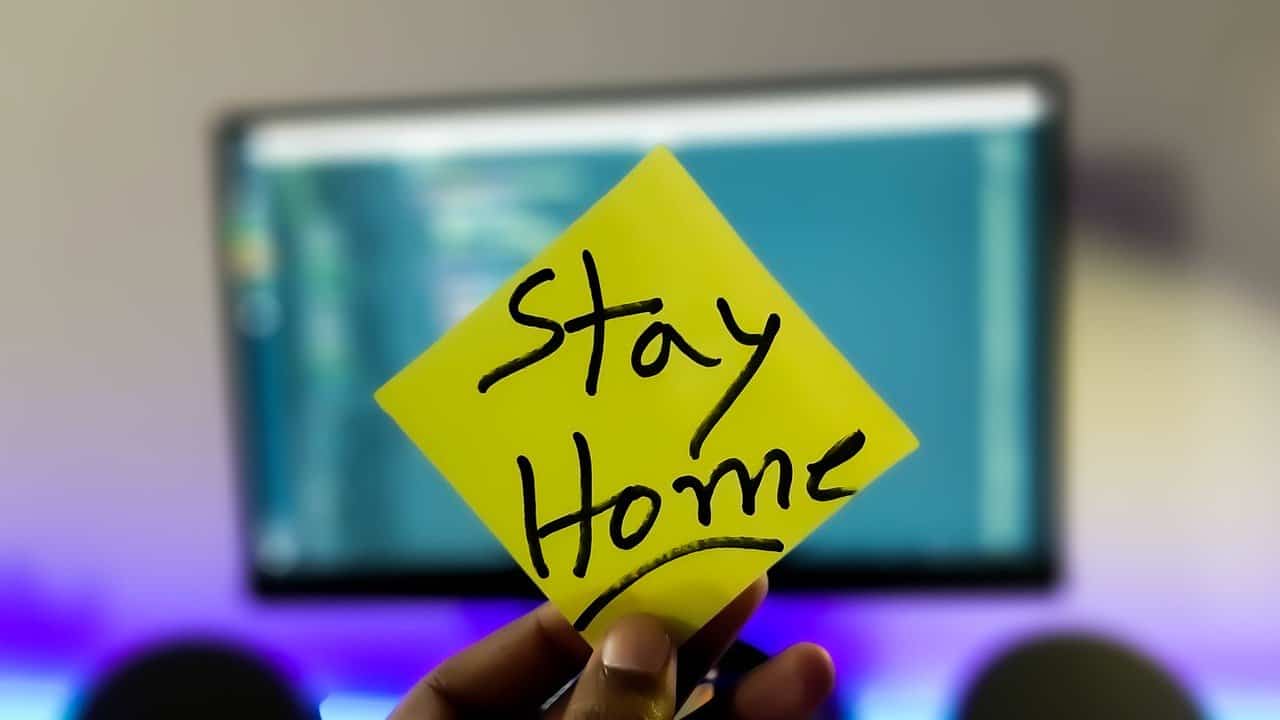
In an effort to break the spread of Covid-19, quarantine and physical distancing have now become things that must be done by almost all people in the whole world. The public was asked for #stayhome by the World Health Organization (WHO) in reducing the spread of coronavirus. But, the implications for people’s mental wellbeing cannot be overlooked.
A recent study from medical journal The Lancet notes that the psychological impact of quarantine can be great, resulting in a range of mental health concerns from anxiety and anger to sleep disturbances, depression and Post-Traumatic Stress Disorder (PTSD). Indeed, separate studies of quarantined patients of SARS, a previous coronavirus outbreak in 2003, found between 10% and 29% suffered PTSD.
The Lancet’s report found mental health concerns could be inflamed by stressors associated with quarantine, such as infection fears, frustration, boredom, inadequate supplies, lack of information, financial loss and stigma associated with contracting the disease.
That can be an issue not only for people with preexisting mental health concerns, but also those in seemingly good psychological health.
“Humans are social animals,” said professor Ian Hickie at the University of Sydney’s Brain and Mind Centre reported from CNBC Make It. “Prolonged quarantine (without compensatory methods in place) will exacerbate anxiety, depression and a sense of helplessness.”
Here are some advices from psychology experts, as well as several health organizations, to deal with stress during self-quarantine, as reported by CNBC Make It:
1. Create a Routine
Change out of your pajamas, shower and make a to-do of all the things you want to achieve each day to create a sense of normality and productivity.
2. Take Care of Your Body
Eat healthily, get plenty of sleep and exercise daily. That could include conducting indoor workout classes, stretching and practicing meditation.
3. Stay Connected
Make the most of technology and stay in touch with colleagues, friends and family via phone calls, texts, social media and video call.
4. Limit Media Intake
Stay informed about the situation via reliable sources, but limit your news and social media intake to avoid feeling overwhelmed.
5. Prepare Medical Supplies
The National Alliance on Mental Illness in US advises, where necessary, asking your doctor for extended prescription supplies to tide you over for quarantine periods.
6. Fight Boredom
Make the most of catching up TV series, reading and exploring projects you have been putting off to beat boredom and stay mentally active.
7. Avoid Burnout
Set strict limits to your work to avoid becoming overwhelmed and make time to unwind.
8. Focus on the positives
Amplify good news stories and honor caregivers working tirelessly to resolve the situation.
“Stay in contact with people — virtually — engage in activities that give you pleasure and a sense of meaning, and do what you can to help others, which is a remarkable antidote to depression,” said Michael Friedman, associate professor at Columbia School of Social Work in New York.
Top picture source: pixabay.com/users/fahimxyz-15799892

